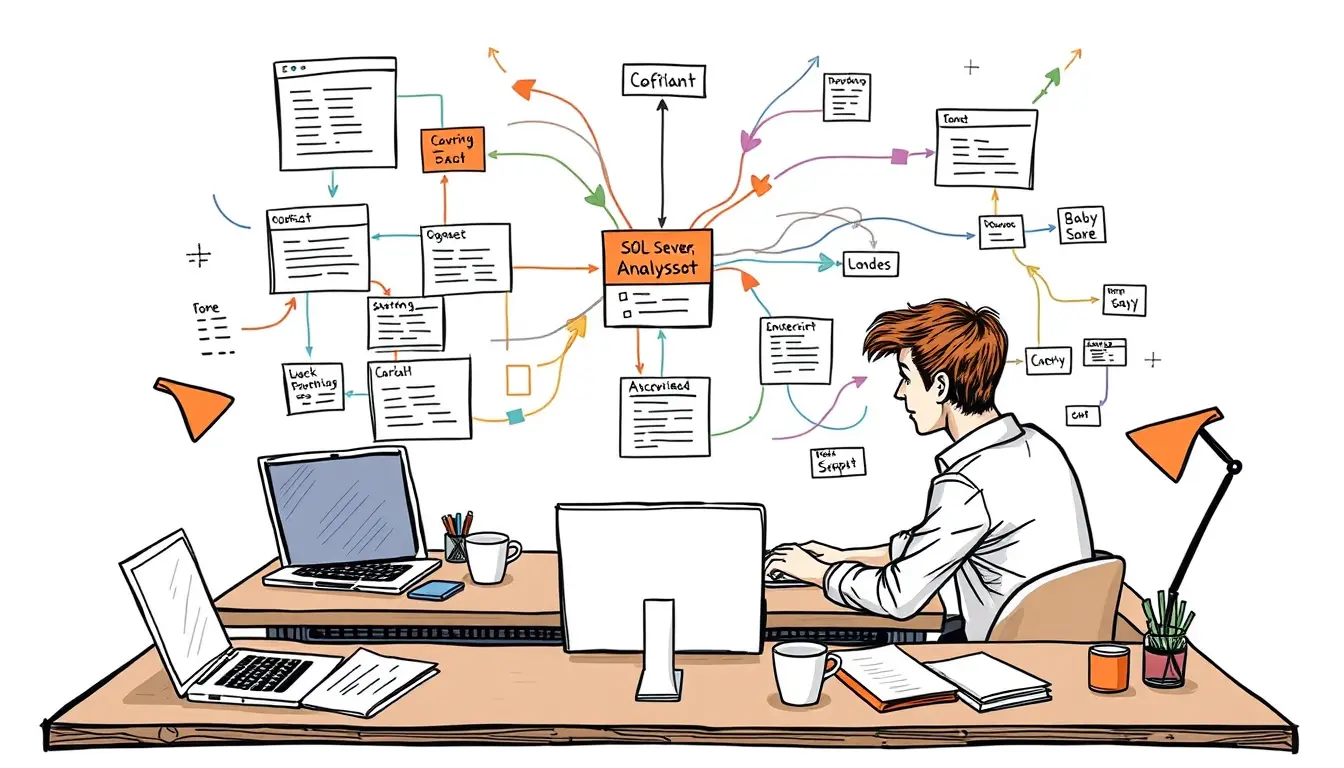Installation

How to Setup Your Own SQL Server: A Step-by-Step Guide
“Learn how to easily and successfully setup your own SQL server with our comprehensive step-by-step guide. Start managing your data like a pro today!”

Step-By-Step Guide to Getting JIRA and CONFLUENCE for Free
“Discover the secrets to accessing the powerful project management tools, JIRA and CONFLUENCE, for free with our step-by-step guide. Unlock their full potential without breaking…
Search
Latest Posts
Latest Comments
Categories
Archives
- February 2026 (24)
- January 2026 (31)
- December 2025 (31)
- November 2025 (30)
- October 2025 (31)
- September 2025 (30)
- August 2025 (31)
- July 2025 (32)
- June 2025 (30)
- May 2025 (31)
- April 2025 (30)
- March 2025 (31)
- February 2025 (28)
- January 2025 (31)
- December 2024 (31)
- November 2024 (30)
- October 2024 (31)
- September 2024 (108)














